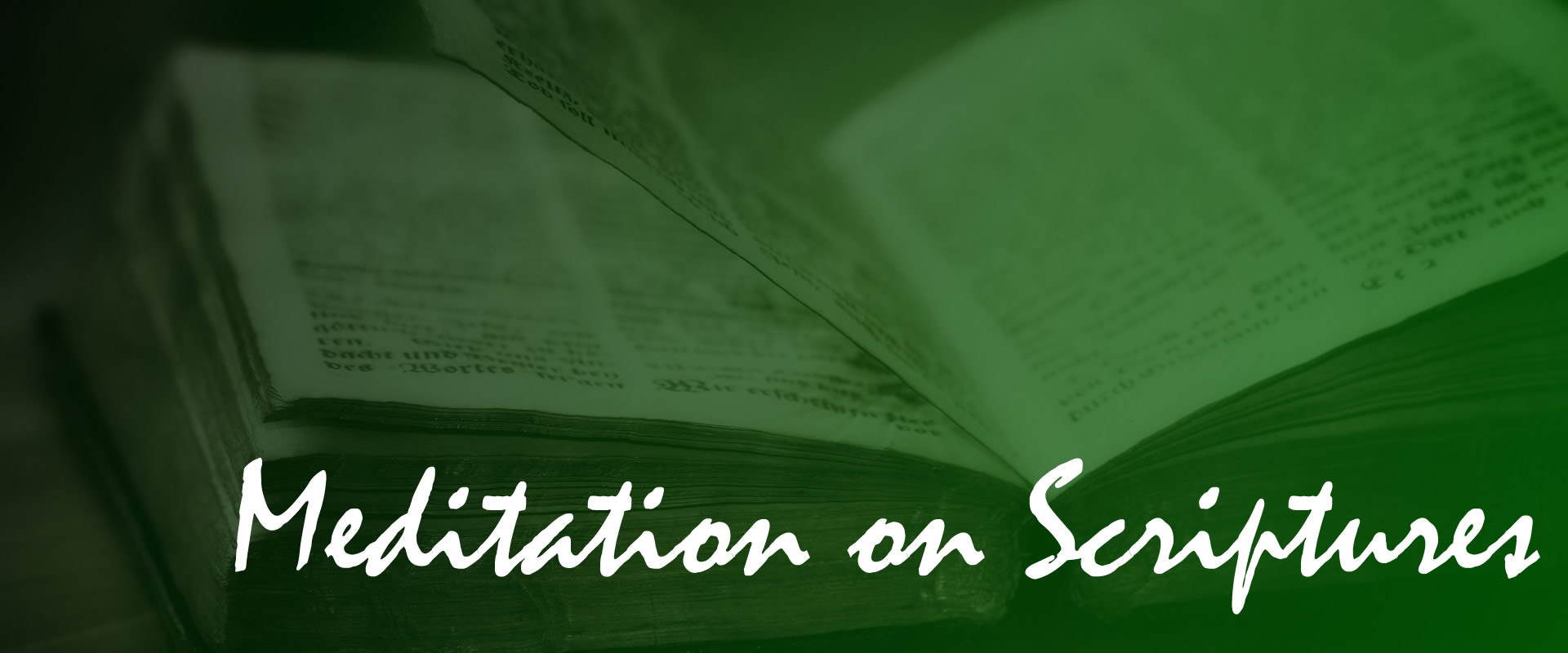![]()
I want to be more like Jesus
Discipleship is a relationship with Christ. Like any significant relationship, disciples participate in practices that draw them to Christ and keep them with Him.
Spiritual Disciplines are God’s means of grace to us to help us walk closer to Him. They are intentional habits we can cultivate on a daily basis to help us be transformed to Christ-likeness. These spiritual practices bring us toward the inward joy, love and peace we have in God.
Explore Spiritual Disciplines...
Worship

Worship helps us to connect with God. Worship is more than an activity, worship is an attitude. We worship God with a heart of adoration and thankfulness for the King of kings, a heart that is fully submitted, grateful and humbled to the LORD of our lives.
Worshipping the Lord can be done individually or collectively as a group. It is an act of adoration and reverence of and enjoyment in the Lord. He is our Creator and we want to glorify Him for all that He has given and done for us.
Corporate worship is done in a group setting with a Church or Christian group community. Individual worship is done daily when we spend time with the Lord. We could listen to a Christian hymn or a sermon by video or audio and spend some time to pray to Him.
Meditation on Scriptures
Prayer
Silence and Solitude
Examen
Journalling

Worship helps us to connect with God. Worship is more than an activity, worship is an attitude. We worship God with a heart of adoration and thankfulness for the King of kings, a heart that is fully submitted, grateful and humbled to the LORD of our lives.
Worshipping the Lord can be done individually or collectively as a group. It is an act of adoration and reverence of and enjoyment in the Lord. He is our Creator and we want to glorify Him for all that He has given and done for us.
Corporate worship is done in a group setting with a Church or Christian group community. Individual worship is done daily when we spend time with the Lord. We could listen to a Christian hymn or a sermon by video or audio and spend some time to pray to Him.

There is a difference between information and transformation. Superficial reading and understanding of the Scriptures do not always result in meaningful or consistent spiritual transformation. In order to truly experience and internalize the power of God’s Word, we have to work towards a deeper understanding of what He is trying to teach or persuade us through the Bible.
Meditation is unhurried and contemplative. It is best done in solitude in the Lord so that we can enter into His presence and can listen to Him more clearly. We could use a page, passage, chapter or simply a verse from the Bible and read it through slowly and carefully. Do not rush through it but think or dwell upon the Word. Allow God to speak to you through the text and words. Allow Him to speak to you and re-orientate you in the context of the unique circumstances in your life at that point of time.
Embark on the discipline of meditation on scriptures by participating in Wesley Methodist Church’s Bible Reading Drive (BRD 2021). Download the daily Bible Reading plan https://wesleymc.org/brd2021

Every Christian, and even pre-believer, knows that Prayer is an integral and paramount part of our Christian life. It is a privilege that God has given to us so that we can communicate with Him in that manner.
Through our prayers to God, we can unreservedly express our inner thoughts, confessions, petitions, intercessions and thanksgiving. The Lord’s Prayer is one such prayer that encapsulates all these elements. Many times, we tend to use prayer as just a helpline. We have to remember that prayer is also a thanksgiving line.
The key here is God wants us to pray to Him, not just to hand him a to-do list. He wants to listen to us as we pour out our thoughts and emotions to Him. By the same token, God also wants us to listen to Him through our prayers too.
Most prayers are not answered instantly (although miracles still happen every day!). God also use prayers to teach us patience as we await His answers to our requests. God wants the best for us. He knows best and therefore, sometimes, he may not answer our prayers soon enough; other times, He may not even answer our prayers at all.

In the hustle and bustle of our busyness, we have often forgotten to be still and rest in the Lord. Our minds and physical bodies are perpetually in the doing rather than being state. We have been so used to moving or running around for, getting distracted by and doing an endless list of things. It is hard not to be distracted.
In Luke 5:16, we read that “but Jesus often withdrew to lonely places and prayed”. Jesus has clearly set an example for us here to have solitude in the Lord. Even Jesus, the Son of God, prioritized spending time along with God.
During our time of solitude, we can centre our hearts, minds and our entire beings on God. We can read His Word, dwell on His Word and pray prayers of intercession and thanksgiving, not always just petitions. Most of all, we can just linger in His presence.

This is a discipline that may sound unfamiliar to you but there is a good chance you have been practising Examen all along without knowing there is a Latin word for it.
Examen, simply defined, is the practice of reviewing the day’s events and seeing where God is working in, through, with and for you as you think about the events that had just happened.
Perhaps, you had unintentionally said a careless word to your co-worker. Perhaps, you had an argument with a friend. Perhaps, a piece of glass has shattered on the street where you were walking by and you were injured. Perhaps, you had been offered a big promotion. It could be a happy or unhappy occasion. It could be a positive or negative experience.

Journalling simply means writing down our thoughts and feelings so that we can think through them more clearly. Although a pen on paper is preferred, but more and more people have also taken to journaling electronically on our devices for its convenience. Journalling our thoughts and emotions help us to collect our perspectives and feelings and chart our growth through the lows and highs of our life.
Through our journaling, we can process our thoughts out loud and see where and how God works in our lives. We can see God more clearly as we take stock of the ways He has blessed, sustained, walked with or provided for us. We can track our own spiritual growth when we look back. We can see, with benefit of hindsight, God’s presence no matter what challenges and crisis we have to face.
Journalling connects us to God by allowing us to see His Handprints in our lives when He held us, His footprints when He carried us.
Find out how you can adopt and practise these spiritual disciplines as the church enters into a year of Sabbath-Rest in 2021. Download the first instalment of the Sabbath-Rest Journal.


